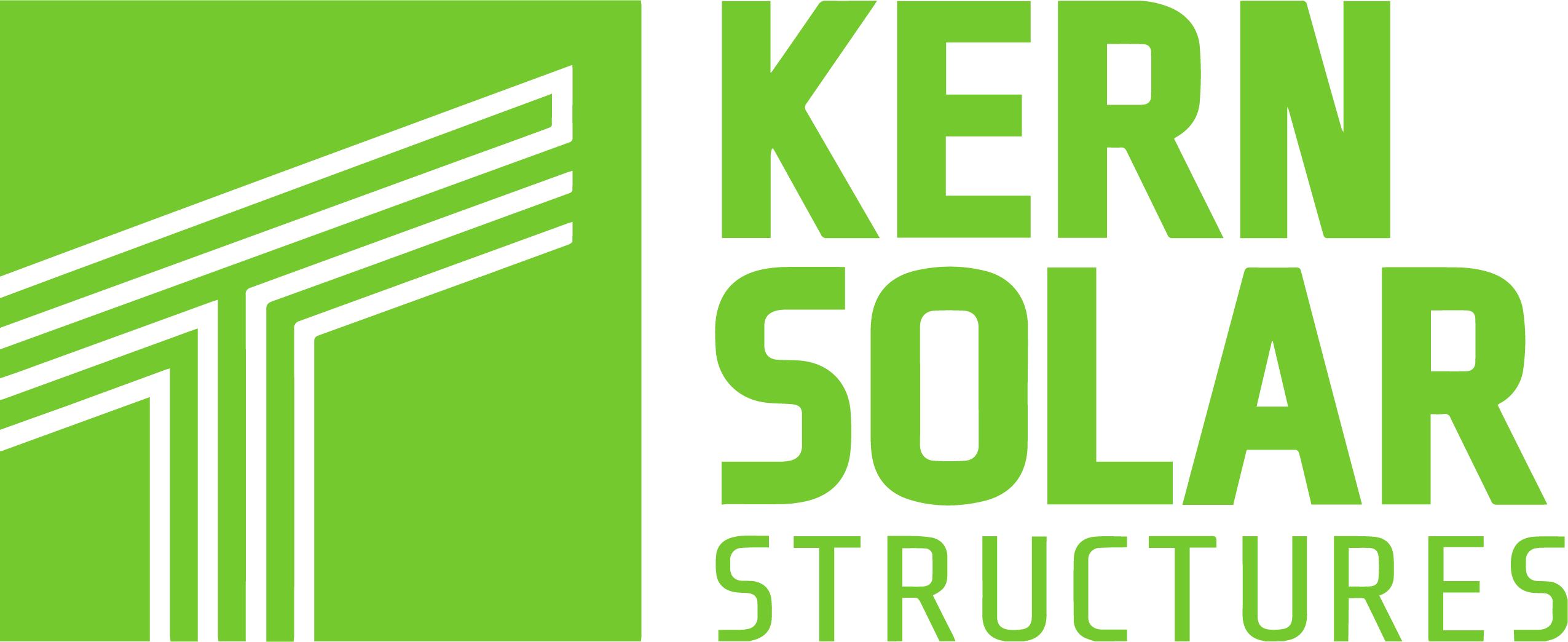Solar is a groundbreaking energy solution for property owners of any kind, but like any energy decision, choosing to go solar has a variety of advantages and disadvantages you should keep in mind. Of all the common pros and cons that come with going solar, here are a few of the ones that always stand out:
Advantages
Reduces your electric bill
Once your solar system is paid off, the system will help reduce the operating expenses of your business. Businesses will find that the cost to install their solar system will more than likely pay for itself over time.
Insurance against rising power prices
Predicting operating costs can be tricky since you often don’t know what the future will hold. But predicting your electric bill becomes easy once you add a solar system. Rather than face unpredictable and wildly fluctuating energy bills, you’ll know what to expect every month with a commercial solar panel system that dramatically lowers your energy costs. Budgeting just got easier, because you don’t have to worry about rising energy prices.
Solar is Cheap
Solar panel installation costs have fallen more than 70 percent in the last decade. Federal Solar Investment Tax Credit (ITC), state tax credits, and cash rebates all work to reduce solar system installation costs.
ROI
When considering switching your commercial building to solar power, consider it an investment, not expense. The return on investment you get from solar power often exceeds most other investments in terms of money your business saves over the years.
Environmentally Friendly
One big thing about commercial solar panels is how you can market your commitment to clean energy to customers. This sends a positive message about your commitment to sustainability and the environment. Every time your employees, clients, stockholders, neighbors, and others know that you’re going green or seeing the panels for themselves, you’ll make a big impression. Going solar not only helps protect the environment, but it can also affect how everyone in your community sees your business.
Energy Independence
Once you have your commercial solar panels installed and connected to the grid, you start saving with lower energy bills each month. When less money goes to the power company, you have more cash once your panels are paid off.
Increase property value
Commercial buildings with solar panels can have higher property values and sell faster than those that do not. And that should not change. With the solar revolution gaining steam, adding commercial solar panels figures to make your building more desirable. If you’ve got lower electric bills, that’s an advantage for any business owner.
High reliability and low maintenance
Commercial solar panels are almost maintenance-free and noiseless. In most cases, commercial buildings make them easily accessible. The solar cells are wrapped in tempered, protective glass, framed by non-corrosive aluminum. They are built to be exposed to the elements and can withstand rain, hail, wind, and snow–just about any weather threat you can think of.
In general, solar panel photovoltaic cells rarely break down. Even if they do, solar panels come with a 25-year warranty, which means that once you add solar panels to your commercial solar structure, you will generate your clean electricity for at least 25 years or more, from a system that is just as functional and probably more reliable than the utility company.
Disadvantages
High upfront cost
The upfront cost of a solar system is high. This includes paying for solar panels, inverters, batteries, wiring, and the installation. Still, solar technologies are consistently developing, so it is safe to assume prices will fall in the future.
Intermittent energy source
There are three reasons why solar is considered an intermittent source of power:
- The sun does not shine at night. As a result, solar panels do not generate electricity at night.
- Sun intensity varies by location, time of year, and time of day.
- Cloud, snow, and foliage cover can significantly affect the amount of solar panel energy.
Manufacturing
While the power that solar panels generate is emission-free, it is important to note that there is some pollution associated with solar panel manufacturing. Some solar panels contain harmful pollutants, such as sulfur hexafluoride, which is stronger than carbon dioxide. However, the impact of carbon dioxide on the climate is far greater than that of sulfur hexafluoride. The environmental impact of solar panels is minimal compared to fossil fuel mining and burning damage.
Space
A solar system requires a decent size of space to install the equipment and run smoothly, so solar panels may be inconvenient in inner cities and other areas with limited space.
Cannot take your structure with you
One disadvantage of installing solar panels at your business is that you cannot move them if your company decides to move. But solar panels do add value to your business, so even if you do move, you are likely to see the value of your solar panels reflected in a higher sale price. If you plan to move soon, it is best to buy your solar panels. If you have a solar lease or a power purchase agreement (PPA), you will need the new owner to take over your hassle-through agreement.
To stay up to date with Kern Solar Structures' blog, product updates and solar news subscribe the the Newsletter!


You must be logged in to post a comment.